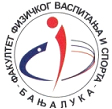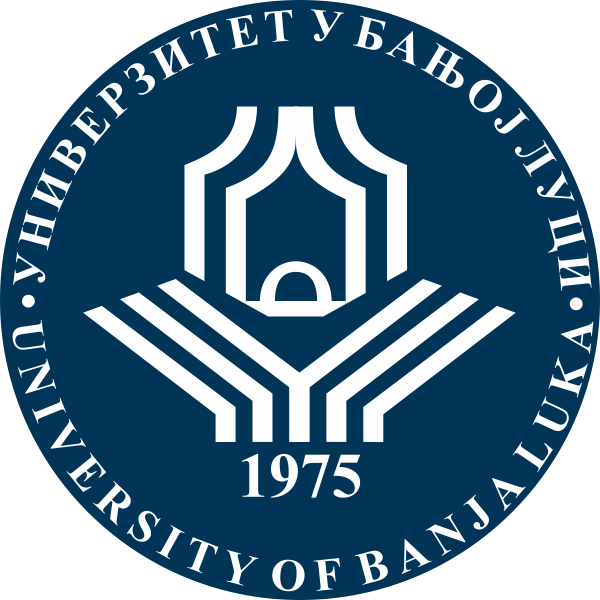SportLogia
Vol. 10, Issue 1, June 2014.
CONTENTS AND THE ESSENCE OF THE EDUCATIONAL KINESIOLOGY
Vladimir Irhin1, Irina Irhina2, Olga Pol’schikova1, and Alexander Markov3
1Faculty of Physical Culture, Belgorod State National Research University ″BelSU″,
Russian Federation
2Department of Pedagogy Russian Federation, Belgorod State National Research
University ″BelSU″, Russian Federation
3Faculty of Romance and Germanic Philology, Belgorod State National Research
University ″BelSU″, Russian Federation
Original SCIENTIFIC PAPER
doi: 10.5550/sgia.141001.en.003I
UDC: 796.012:612.766
Summary
FULL TEXT (.pdf)
This work is devoted to the content and nature of educational kinesiology, it differs from the physical culture, sport and applied kinesiology. The study of the ancient thinkers of the relationship of human movement and its development scientists to the middle of XX century to the conclusion: the skillful use of this interdependence and contributes to the effectiveness of training and development of the whole person. In 60-th years of XX century Gudchard introduced into scientific use the concept ”applied kinesiology”, the subject of the research was the impact of motor actions on the physiological systems of the human body. Development in the second half of the XX century, biomechanics and psychology predetermined the emergence of sports kinesiology, studying the peculiarities of the techniques outstanding athletes. In the 70-80s of XX century began to develop educational kinesiology, based on the connection of the motor plastics and thinking process, education through the movement. Tools of educational kinesiology (speech movement, pantomime encoded speech and other) differ from the means of physical culture in their goals, direction, content, methods and results. When using kinesiological funds crossed the middle line of the body, several movements in a clear sequence with repetition and speed, or the motion is transmitted creative thinking and meaning of the speech. Currently ripe theoretical and practical prerequisites for the development of precise approach in education as a methodological basis of motor pedagogy.
Key words: applied kinesiology, content and essence, educational kinesiology, history of development, sports kinesiology, tools of educational kinesiology.
References
Anokhin, P.K. (1973). Fundamental questions of the general theory of functional systems. Moscow, Russia: Nauka.
Bazarny, V.F.(1995). Methodologies and techniques emancipation neurophysiological foundations of mental and physical development of students in the structures of the educational process. Sergiev Posad.
Balsevich, V.K. (2000). Ontokineziologiya rights. Moscow, Russia: Theory and Practice of Physical Culture.
Bernstein, N.A. (1947). On the construction of movements. Moscow, Russia: Honey. guise.
Glukhova, T. P. (2003). Efficacy motivational program-oriented software kinesiologicheskih methods of foreign language teaching. Unpblish doctoral dissertation. Barnaul State Pedagogical University.
Gross, H. G. (1976). Educational Kinesiology - one of the trends in sports training and biomechanics. Теория и практика физ. культуры, 11, 9-13.
Goodhart, D. (2005). Dural theory and muscle functional circuits. ЛФК и массаж., 9, 51-54.
Dennison, P., & Dennison, G. (1998). Gymnastics brain. Orekhovo-Zuyevo, Russia: Private educational institution psychological assistance "Ascent".
Irhin, V. N. (2013). Development of ideas in educational kinesiology pedagogical theory and practice. Bulletin of the Vladimir State University. 12, 53-62.
History education and pedagogical thought: Textbook. (2003). For stud. vyssh. Textbook. institutions. Moscow, Rissia: Publishing house - Press.
Galen, C. (1999). On the appointment of the human body. Rostov-on-Don, Russia: Phoenix, 1999 - 601 p.
Copleston, F. C. (2003). History of Philosophy: Ancient Greece and Rome. Moscow, Russia: Tsentrpoligraf.
Korenberg, V. B. (2005). Fundamentals of sports kinesiology. Moscow, Russia: Sport.
Leontiev. , A. N. (1977). Activity . Consciousness. Personality. Moscow, Russia: Politizdat.
Luria, A. R. (1970). Human brain and psychological processes. Moscow, Russia: Education.
Meinberg, E. (1995). Main problems of pedagogy sport. Moscow, Russia: Aspect Press.
Milrud, R. P. (1992). Developing training by foreign language at school. Unpublish doctoral dissertation, University of Moscow.
Pavlov, I. P. (1951). Selected Works. Moscow Russia: Gospolitizdat.
Pestalozzi, I. G. (1965). About physical education as the basis of experience of building an elementary gymnastics, containing a serial number of physical exercises. Moscow Russia: Education.
Polschikova, O. V. (2012). Shaping the future teachers to motivate healthy lifestyle kineziologicheskuyu means. Unpublish doctoral dissertation. University of Belgorod.
Rousseau, J. J. (1981). Emile or on Education. Pedagogical works in two volumes. Moscow Russia: Education.
Sechenov, I. M. (1995). Psychology of behavior. Moscow Russia: Inst practical. Psychology.
Shanina, G. E. (1997). Special kinesiological complex system of training effects in pupils and students. Unpublish doctoral dissertation. University of Krasnodar.
Stokes, G., & Whiteside, D. (1987). One Brain: Dyslexic Learning Correction and Brain Integration. Burbank, CA: Three In One Concepts.




